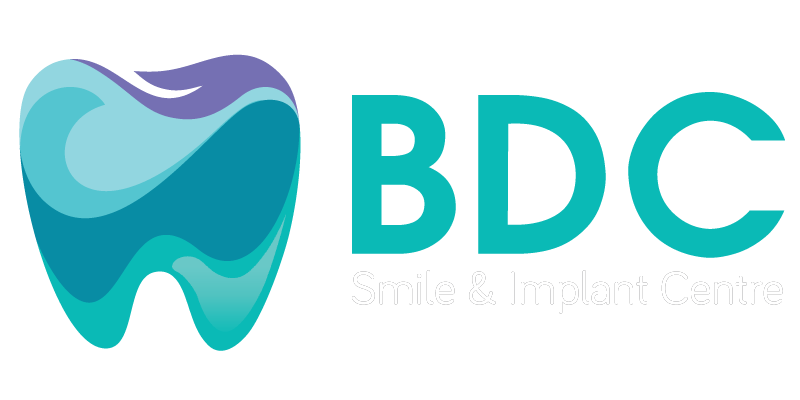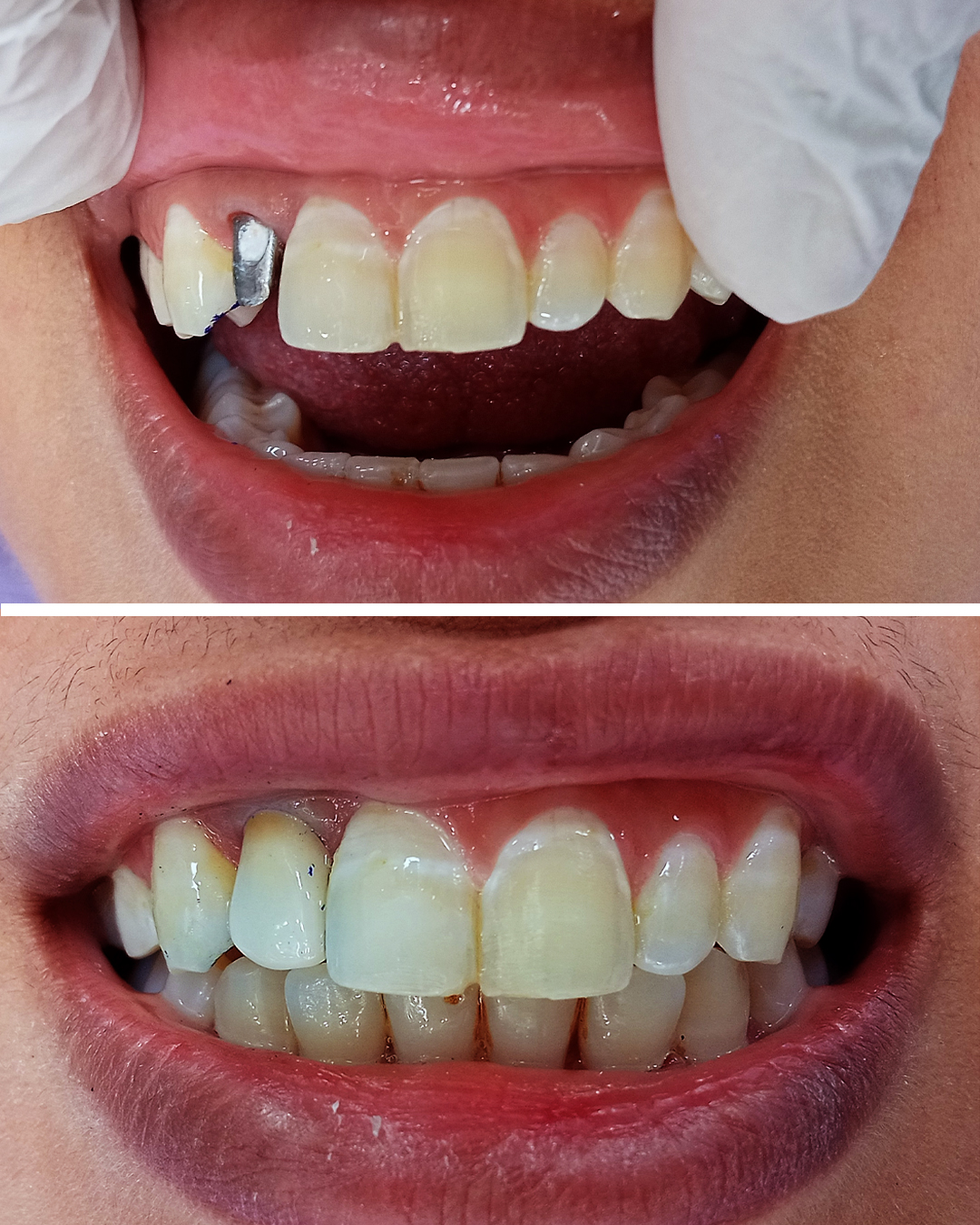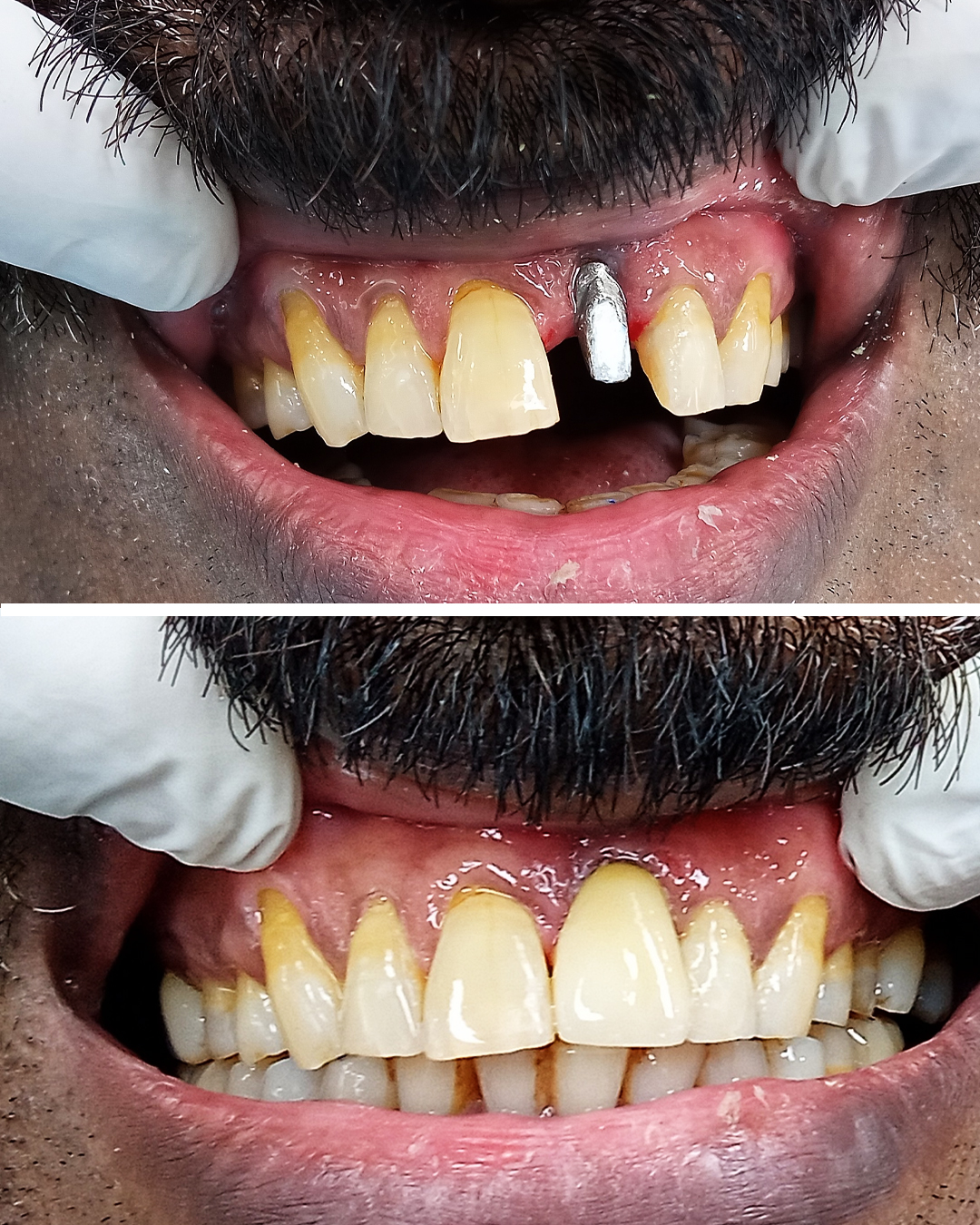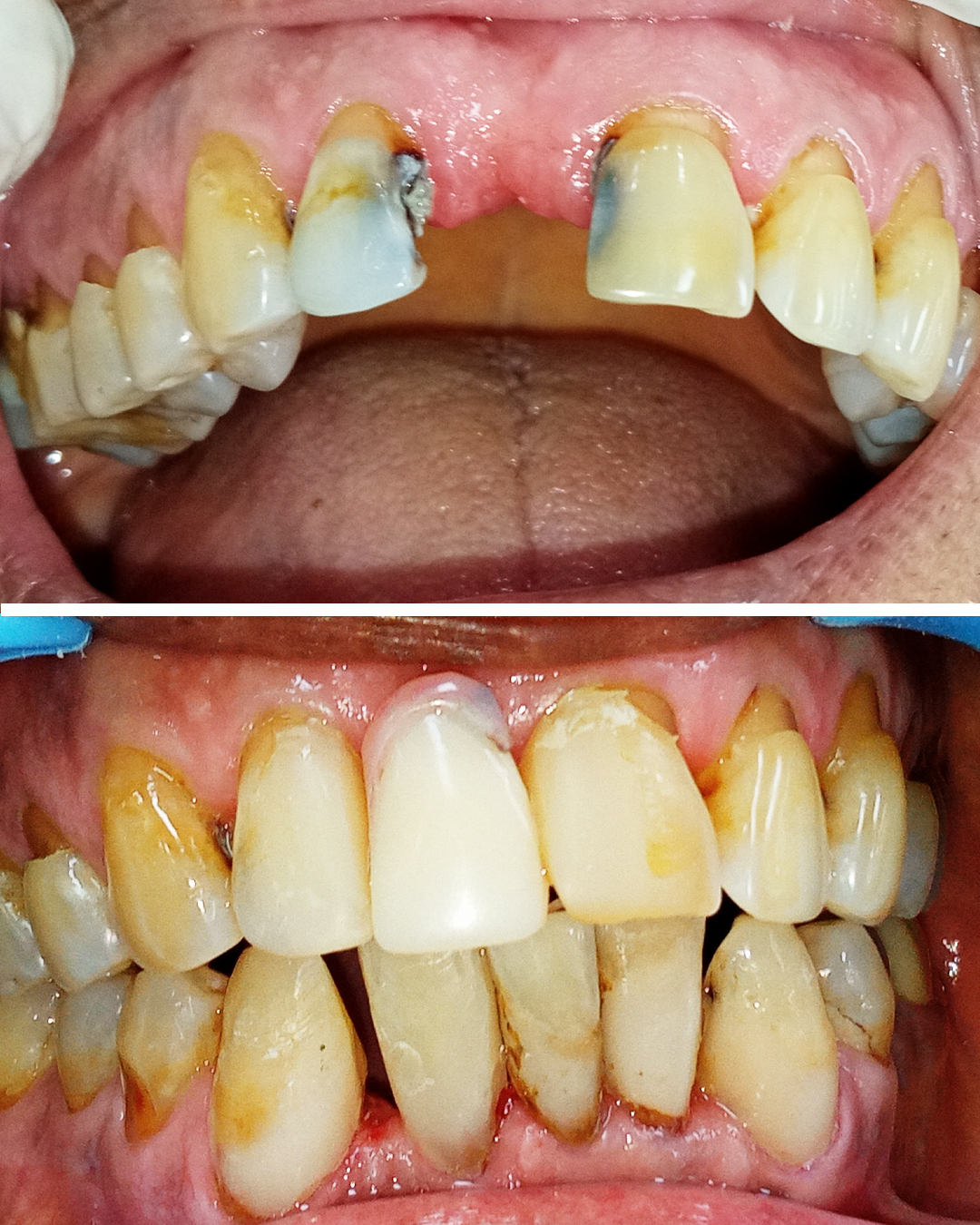Holistic Dentistry
Holistic Dentistry is sometimes referred to as the equivalent of complementary and alternative medicine for dentistry. There are various other terms too that have been used to refer to it like Biological Dentistry, Biologic Dentistry, Alternative Dentistry, Unconventional Dentistry, or Biocompatible Dentistry. The tenet that forms the basis of Holistic Dentistry is the acknowledgement that dentistry should deal with the mind, body, and spirit of the patient, and not just his or her "Teeth".
Holistic Dentistry At Balaji Dental Centre
Ask an expert about the art and science of Holistic Dentistry
Over time, the Holistic Dentistry community has grown to become quite diverse not only
geographically but even in practices and approaches. In spite of such diversity, there
are certain common threads that tie them together like strong opposition to the use of
amalgam as a material for use in dental fillings, preference for non-surgical approaches
to gum disease, and the belief that root canal treatment may endanger systemic health of
the patient through the spread of trapped dental bacteria in the body. A considerable
number of such dentists even regard Water Fluoridation in an unfavourable
light.
According to the Holistic Dental Network, Holistic Dentistry can be
defined as: "… an approach to Dentistry that promotes health and wellness instead of the
treatment of disease. This approach to Dentistry encompasses both modern science and
knowledge drawn from the world’s great traditions on natural healing...”
The basic principles that are unique to the field of Holistic Dentistry include the following:
- Proper nutrition is important for the prevention and reversal of degenerative dental diseases
- Toxins should be avoided and, if possible, altogether eliminated from dental materials
- Focus on prevention and treatment of Dental Malocclusion, which equates bite problems with physical imbalance
- Focus on the biological basis for prevention and treatment of gum diseases
Holistic Dentistry at BDC
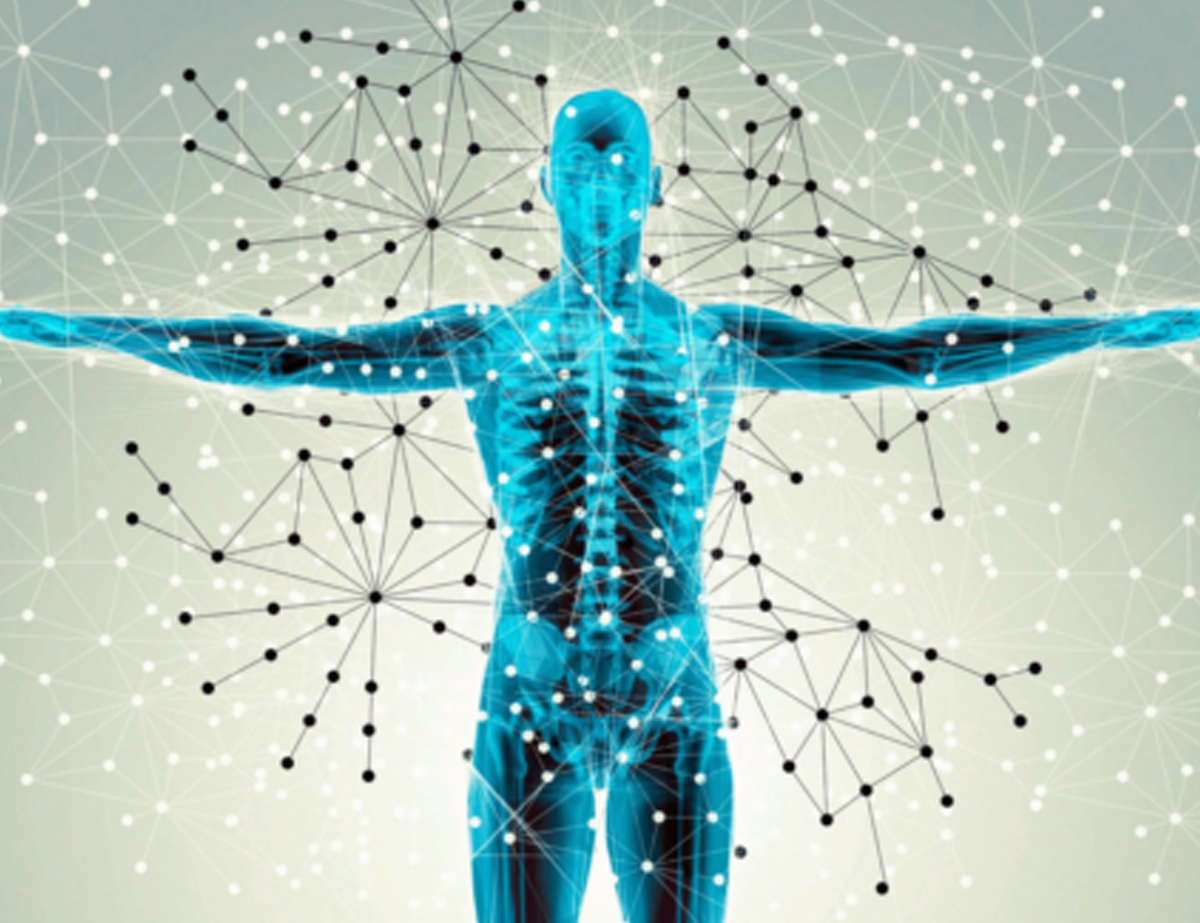
What is Holistic Dentistry
It is our understanding, and is quite logical, that the mouth is not a separate entity from the body and whatever procedures are performed on your teeth will have long-lasting effects, whether positive or negative, on the rest of your body as well. Our team of dentists at sits down with the patients to gather as much information about their health as possible. And we are not just talking about their dental health, but their diet, their lifestyle, and their mental and emotional health as well. It is only after a detailed analysis of all such information that we determine the best approach, a Holistic approach, for their dental health and overall well-being.
We do not use chemicals such as Mercury and BPA as research has proved them to be toxic to the body.
Amalgams, or silver fillings, are composed of as much as 50% of Mercury. Several researches indicate that the mercury is connected to many health issues like Allergies, Chronic Headaches, Dermatitis, Thyroid Disorders, Arthritis, Colitis, Digestive Problems, Spontaneous Abort, Alzheimer’s, Memory Issues, High Levels Of Triglyceride, Autism, and others. For this reason, we do not use Amalgams for dental fillings.
Even during removal of Amalgams, a considerable amount of Mercury Vapours is released. That is why we follow special procedures and strict protocols for removal of Amalgams.
Being Holistic Dentists, we only use the material that is most bio-compatible and safe materials for dental fillings instead of Mercury or metal fillings. For that purpose, we regularly analyse their long-term impact in addition to their aesthetics and best quality, and update ourselves with worldwide research texts to choose most beneficial materials keeping our patients’ well-being in mind.
BDC prides itself for its use of high-end Laser equipment for a number of treatments like Whitening, wounds in mouth, Hypersensitivity, Aphthas, pain, Periodontitis (inflammation of the tissue surrounding the teeth), Herpes, Abscesses, post-surgery phases, and others. The use of Laser allows us not just pin-point precision but even allows us to maintain absolute hygiene.
It is common knowledge that X-Rays emit radiation, which has been linked to various forms of Cancer. Recent studies have shown that, statistically, there is a significant correlation between full-mouth X-rays and Salivary Gland Cancer. We have state-of-the-art digital X-ray equipment, which substantially reduces our patient's exposure to radiation as it emits almost 50% lower radiation on average than the previous generation of X-Ray machines.
At the same time, it allows us to show the X-Ray images to the patient while explaining his condition to him.
BDC employs high-speed Suction Units in its operatories to suck away dust and fumes from the patient’s mouth and filter it. This has been done to prevent the patient and dental staff from breathing-in toxic chemicals and metals during any procedure.
High-speed suction hoses pull air from where the dental work is being done in the patient’s mouth. That air gets circulated through a pre-filter, a HEPA filter, and a treated carbon filter to remove Mercury, other vapours, and other particles from the air before it re-enters the room.
Our experience indicates that patients respond better to treatment when they are in a relaxed state of being. For that purpose, we have made designed our décor and built the ambience in such a manner that the patients watch a landscape and listen to relaxing music or sounds while being treated. And, their companions can select their favorite movies while waiting for the procedures to be completed.
We have special arrangements for children so that they may have a fun time during their visit. They can watch their favourite cartoons and animated movies to divert their minds during treatment.
Ayurveda, the world-renowned ancient medicine system of India, uses natural herbs for their curative properties. Such herbs, when used in right combination, cure a plethora of diseases and keep the bodily functions in harmony. A number of toothpastes and toothpowders with Ayurvedic formulations are available today for cleaning teeth, prevention from various dental problems (such as dental pain, bleeding gums, mouth fibrosis, etc.) commonly caused by poor eating habits, betel nut chewing, poor dental root, sensitive tooth, tobacco chewing, dental numbness, formation of tartar, and poor dental strength.
Many Ayurvedic formulations are prepared using Neem as a dominant ingredient. Neem, biological name Azadirachta Indica, is a commonly-found evergreen tree in India and it has been used here for treatment of various diseases, due to its medicinal properties, since time immemorial. It is a treasure trove of medicinal properties as its anti-bacterial, anti-cariogenic, anti-helminthic, anti-viral and anti-inflammatory properties have been scientifically proven though they were already known to the Indian people due to Ayurveda. Neem bark is used as an active ingredient in a number of toothpastes and toothpowders. It is useful in dentistry for curing Gingival problems and for maintaining oral health in a natural way. Neem twigs have been used for several millennia as oral deodorant, toothache reliever, and for cleaning of teeth.
Meswak is another plant that is commonly used for its medicinal benefits. Twigs, stems, and roots of Meswak have been used extensively for oral hygiene measures and smaller sticks are commonly used as toothpicks. Meswak contains natural fluoride that is helpful against cavities and it has been proven that chewing Meswak twigs produces anti-cariogenic (anti-cavities) effects by releasing fresh sap in the oral cavity creating a thin resin layer on the enamel. It promotes healing and repair of tissues due to the presence of Vitamin C. Presence of an essential oil in Meswak, which gives out a mildly pungent taste, helps in stimulating the flow of saliva while behaving as a buffering agent. High concentration of natural chlorides works in retardation of calculus formation. Additionally, it acts as an effective jaw exerciser in case a patient has suffered trauma to the jaw or the Temporomandibular Joint (the joint that connects the jawbone to the skull). It has even proved to be helpful in prevention of deleterious habits such as thumb sucking in children and smoking in adults.
There are a number of other natural products used in such Ayurvedic formulations such as Grape Seed, Clove, Fennel for maximum support of healthy gum and teeth; Propolis, which is a natural substance based on resins of pine and collected by bees, to cure oral ulcerations; Chamomile, Limeflower, Vervain, Rosemary, and Valerian for their sedative properties are relied upon in the practice of holistic dentistry.
Just like Ayurveda, Homeopathy is another avenue explored by the field of Holistic Dentistry as a natural therapy that is non-addictive and effective with both adults and children. Homeopathic remedies have been effectively for long to improve the psychological and emotional condition of patients without the drugging effects of conventional tranquilizers. The three main remedies considered for Holistic Dentistry include Aconite (Foxglove), Gelsemium (Yellow Jasmine), and Argentum Nitricum (Silver Nitrate). Clinical experience has also found many homeopathic remedies to be effective in prevention and cure of dental conditions such as dental caries, dental abscess, oral lesions, post-extraction bleeding, and even as medication to treat anxious and nervous children.
It is commonly known, though not commonly followed, that if you mostly drink water throughout the day and eat whole foods, it is next to impossible for you to get tooth decay.
Here are some simple facts that you should consider for your oral health:
Frequent snacking makes one more likely to suffer from tooth decay.
Coffee, Tea, and carbonated drinks increase the chances of tooth decay manifold.
Any food or beverage with either fermentable carbohydrates or inherent acids will ultimately lead to decay. Carbohydrates get eaten by bacteria present in the mouth leading to production of acids that eat up minerals forming the enamel.
Brushing and flossing are important aspects of a proper oral health routine.
Diet comprising of high-sugar, processed food leads not only to decay but also to diabetes, which is a known high-risk factor for gum disease.
Smoking and tobacco-chewing significantly increase the risk of gum disease and tooth decay.
Almost all kinds of prescription medications decrease one’s saliva flow and it greatly increases the risk of decay and gum disease.
A recent advancement in bone-grafting materials, Platelet Rich Fibrin, or PRF for short, has found applications in extractions, implant dentistry, soft tissue grafting, and even jaw-bone augmentation.
It’s an advanced procedure that involves taking advantage of healing potential of one’s own body to produce best results in gum and bone during many kinds of surgery. This is a major advantage over non-native grafts like cadaver and cow bone. In addition, usually there is minimal pain after an extraction and it cuts healing time significantly by jump starting recovery, which is probably the best feature of PRF for patients.
PRF is a combination of:
Platelets, which help modulate and accelerate the healing process by releasing a cascade of healing factors over time.
Immune Cells, which keep bacteria and other infection-agents from coming back into the site while it’s healing. This can happen if a site is not grafted.
Fibrin, which integrates or connects the graft to the site and also accelerates the healing process.
By centrifuging, these three elements are concentrated into rectangular grafting strips to make them ready for use in various procedures and applications. The centrifugation removes all the red blood cells and plasma. These three blood components are instrumental in providing proper healing, healthy bone, and preventing Cavitation i.e. preventing bacteria from invading the extraction site and colonizing the hole created upon extraction of tooth.
1: PRF is made from the patient’s own blood, which means that it’s less likely to cause any inflammation during the healing process, which may last for up to 6 months. Foreign proteins that exist in bovine/cow derived or human/cadaver derived bone graft products increase the potential for inflammation.
2: The healing time is greatly reduced, by as much as half, when PRF is used.
3: When, used correctly, there is a very low chance of Cavitation.
4: Sometimes, the bone is exposed during the healing phase giving rise to a Dry Socket, which is an extremely painful condition. The use of PRF translates into a very low chance of a dry socket.
Unfortunately, a PRF graft is usually dependent on the centrifuge used to spin and concentrate the blood cells. The health of the cells is affected by vibrations in a centrifuge.
Though PRF can be used successfully in most situations, it cannot be applied to all bone grafting situations. Use of PRF allows for a good blood supply and as little inflammation as possible during the healing process. It is especially useful for socket grafting after extractions though it has several other applications too.
